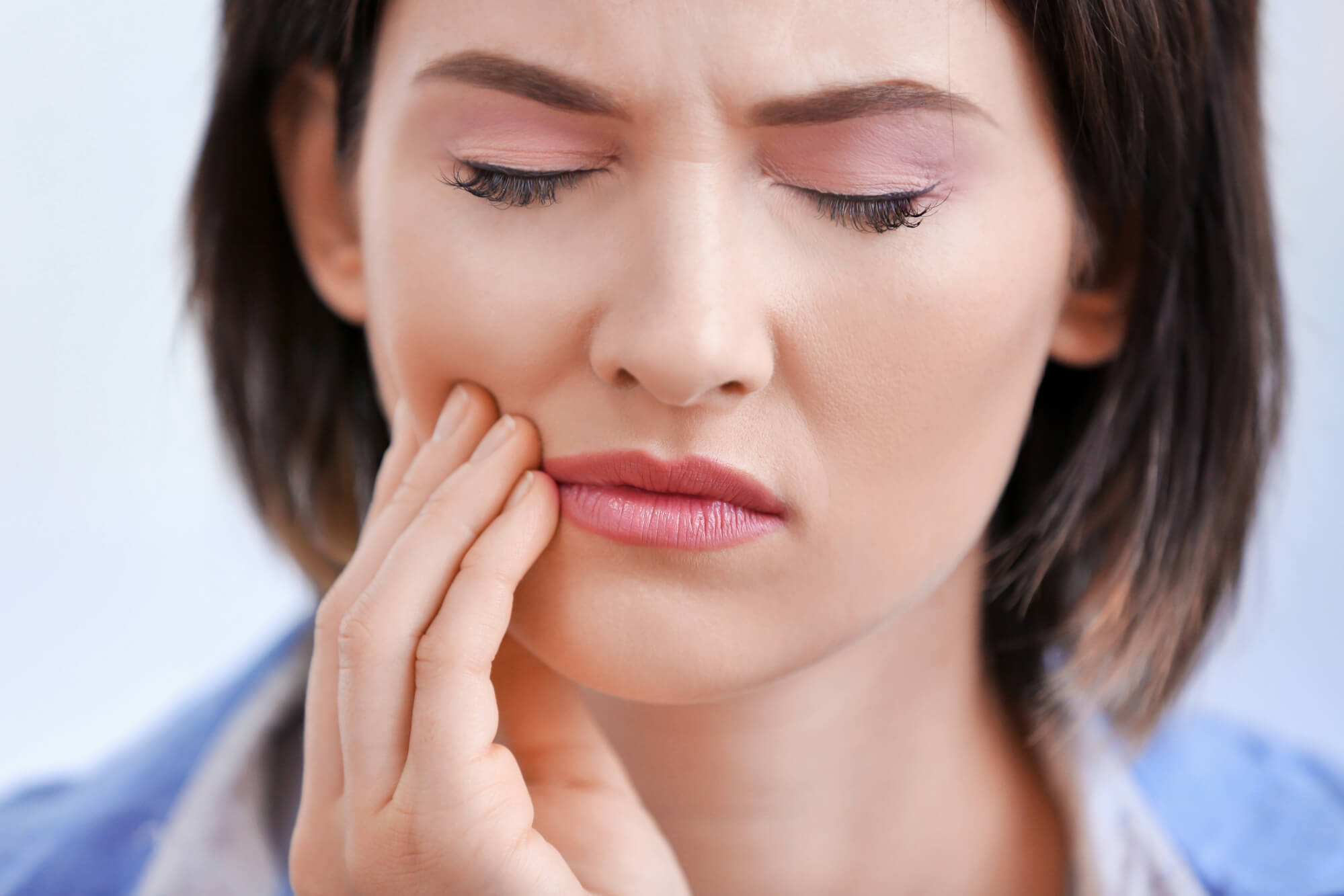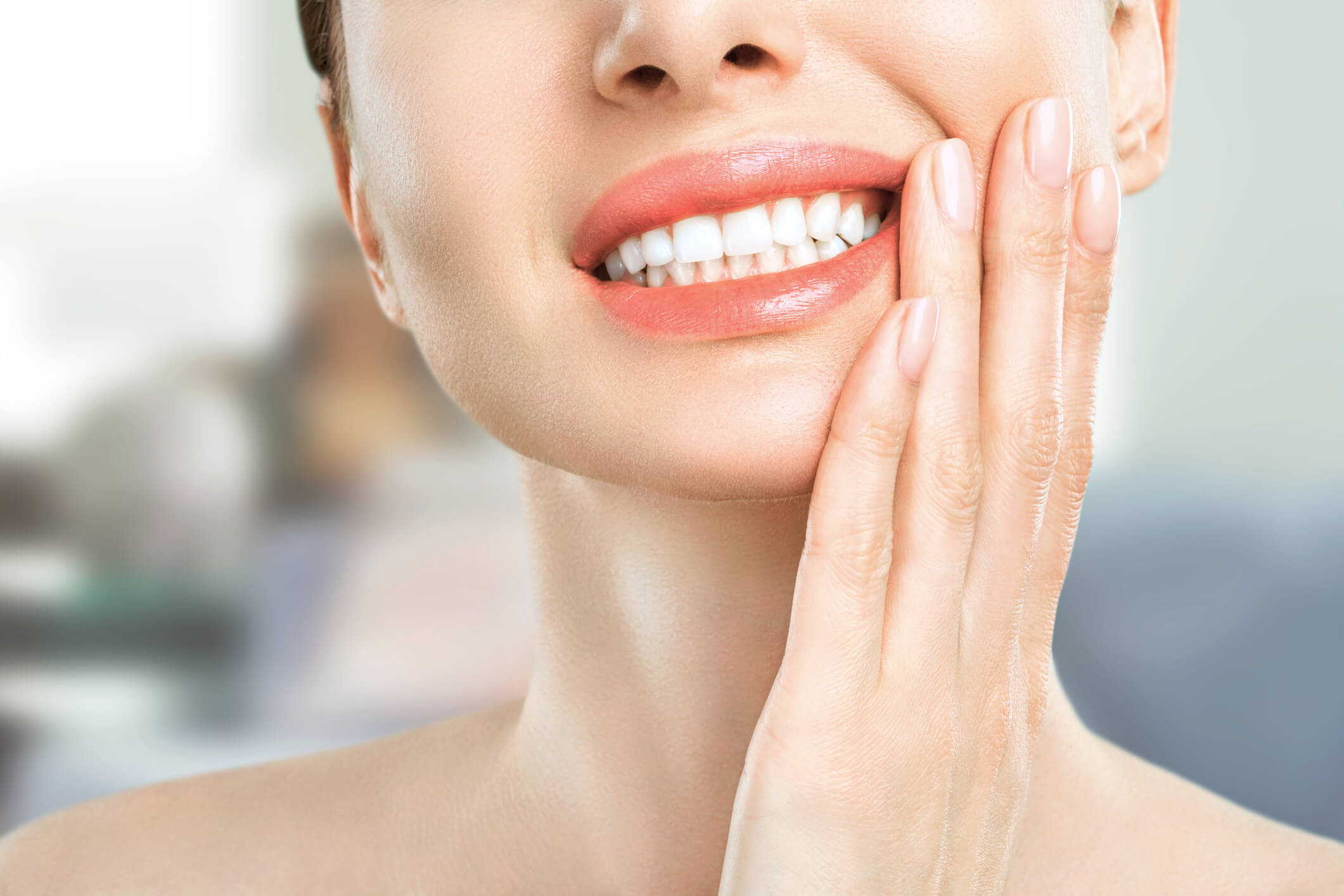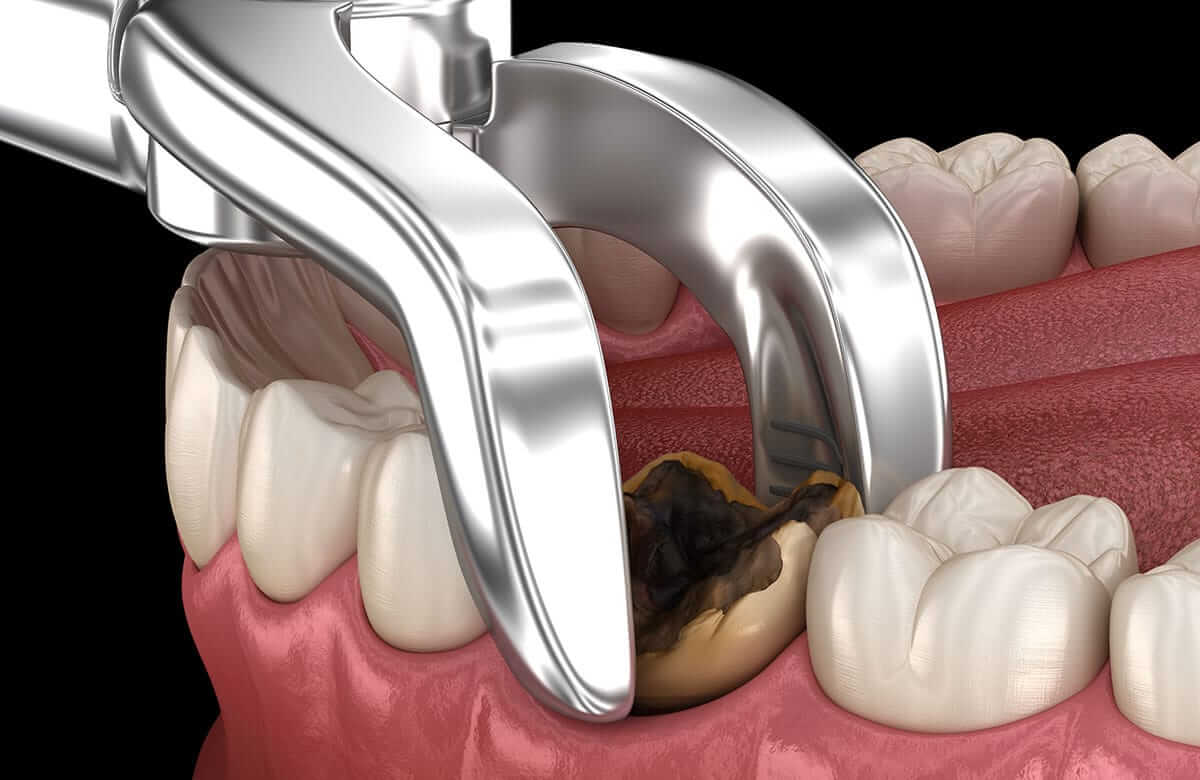A sore, stiff jaw must go in 7 to 10 days. If the packs are not accessible, patients may alternatively use a hot water bottle or heating pad covered by a thin cloth. Additionally, Advil, Motrin, or Ibuprofen can aid in reducing jaw stiffness and swelling. Exercises should be performed by patients to gradually stretch open their mouths to get them moving once more.
Several causes of jaw pain following tooth extraction include:
First, a dental expert will attempt to salvage your tooth. But occasionally, tooth extraction is required to avoid further complications. To avoid issues like a dry socket following the treatment, it is crucial to adhere to the dentist’s advice. Even so, you could still have jaw pain following tooth extraction. Following the surgery, your jaw may hurt because of the following reasons:
Dry Socket, first
Preventing a dry socket is one benefit of adhering to the dentist’s aftercare recommendations. The tooth bone is left visible when your tooth is extracted. A blood clot must form for a successful recovery. As a result, you ought to refrain from any action that can cause the blood clot to break up.
A dry leaf if it happens. The nerve and bone in your tooth are exposed. You can consequently feel jaw pain following tooth extraction. This ache lasts for around two days and may radiate to your ear. If you think you could have a dry socket, get medical help right away. Otherwise, an infection could spread to the injured area. Your tooth socket will receive attention from the dentist, who will clean it of any debris and food scraps. The pain will then be reduced with the use of a medical dressing.
Infection
An infection may be the cause of jaw pain following tooth extraction. Bacteria can occasionally survive tooth extraction. Other times, fresh bacteria can get inside the tooth socket and infect it.
The following signs will also appear if the extraction site is infected:
- A sore and painful extraction site
- A throbbing feeling
- Chills
- Abscess
- Fever
Additionally, another sign of this illness is a sore jaw. To determine the source of your suffering, seek urgent dental care.
Jaw and muscle aches
Considering that dental operations like tooth extractions and root canals require a Keep your mouth wide open. Compresses that are hot or cold can assist reduce discomfort.
Why do I still have a sore jaw after having my wisdom teeth removed?
A dental surgeon will remove the four permanent adult teeth located in the top and bottom back corners as part of wisdom teeth removal. The muscles and bones nearby may be disturbed if the lower wisdom teeth are extracted. Following surgery to remove wisdom teeth, there may likely be some discomfort, but this will pass as the body heals. However, removing the lower wisdom teeth may result in trismus, a condition where the jaw muscles clench or tighten. The mouth’s ability to open may be limited by this. When the third molar is affected, trismus is very prevalent. Trismus is frequently uncomfortable and can impair speech and digestion. The disease frequently improves when There is no need for treatment because the muscles start to mend themselves. Consult your dentist or oral surgeon if your sore jaw does not go away on its own.
How Can Jaw Pain Be Prevented After Tooth Extraction?
By using the following advice, you can prevent jaw pain and other issues following tooth extraction:
- Till the dentist gives the all-clear, avoid brushing over the extraction site.
- Rinse the afflicted region with an antibacterial mouthwash two to three times each day.
- As directed by the dentist, take your prescription drugs.
- Limit your intake of soft meals like rice, eggs, yogurts, and other similar items.
- To prevent displacing your blood clot, avoid using a straw or performing other actions that call for a section.
What degree of discomfort during tooth extraction is “normal”?
It can be challenging to define exactly what level of discomfort after tooth removal is “normal.” The sort of extraction each patient will have (which affects pain levels) and their level of pain tolerance are quite variable for each patient.
Patients can experience vast differences in pain kind, intensity, and duration. Some people experience pain that is more like a dull aching or discomfort. Although certain types of discomfort (described below) can point to more serious issues, in general, soreness brought on by swelling and inflammation is typical and to be anticipated in the days following your extraction.
How can your dentist minimize jaw pain when doing the procedure?
The majority of dentists will utilize a “bite block” throughout your session. This tiny rubber object acts as a divider between your upper and lower jaw. In essence, it opens your mouth for you so that you don’t have to use your muscles. The secret is to let you unwind while your teeth are resting on the support.
Your dentist can select different size bite blocks to discover the one that is most comfortable for you based on the size of your mouth.
Your dentist might not even need to employ a biting block if the operation is brief. But if you discover that holding your mouth open hurts your jaw, consult a dentist.
Home cures for jaw pain following dental work:
What can you do to ease TMJ pain following a protracted dental appointment? Almost all dentists advise:
Using a nonprescription painkiller
Particularly, ibuprofen (Motrin), an anti-inflammatory, aids in easing discomfort. The most archetypal reason for tooth or jaw pain is irritation and bulge, which these non-steroidal anti-inflammatory drugs (NSAIDs) successfully luxury.
Taking a jaw pause
On the days immediately after your dentist appointment, try to eat softer foods. Avoid chewy or stiff textures because they could make your jaw pain worse. Additionally, avoid chewing gum because it might aggravate your TMJ and lead to flare-ups.
If jaw discomfort persists
In the days following their dental operation, the majority of people will notice a progressive improvement in their jaw or TMJ symptoms.
However, in exceedingly rare circumstances, the joint could become dislocated or your jaw’s disc might not be properly positioned, resulting in joint discomfort. Even though these occurrences are incredibly uncommon, your dentist or a dental specialist might need to manually reposition your joint or recommend physical therapy to relieve the discomfort.




